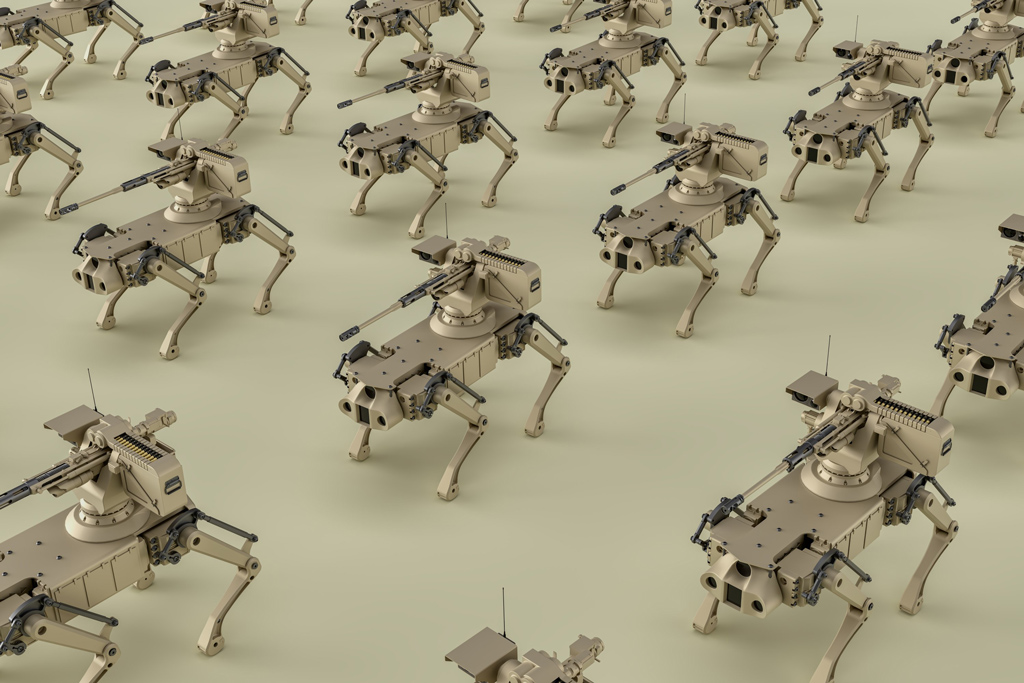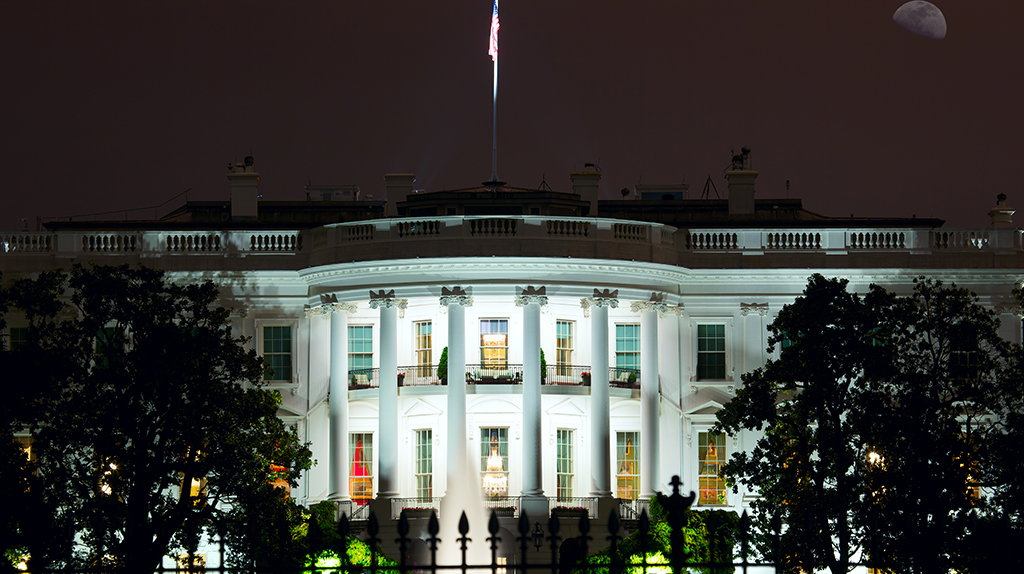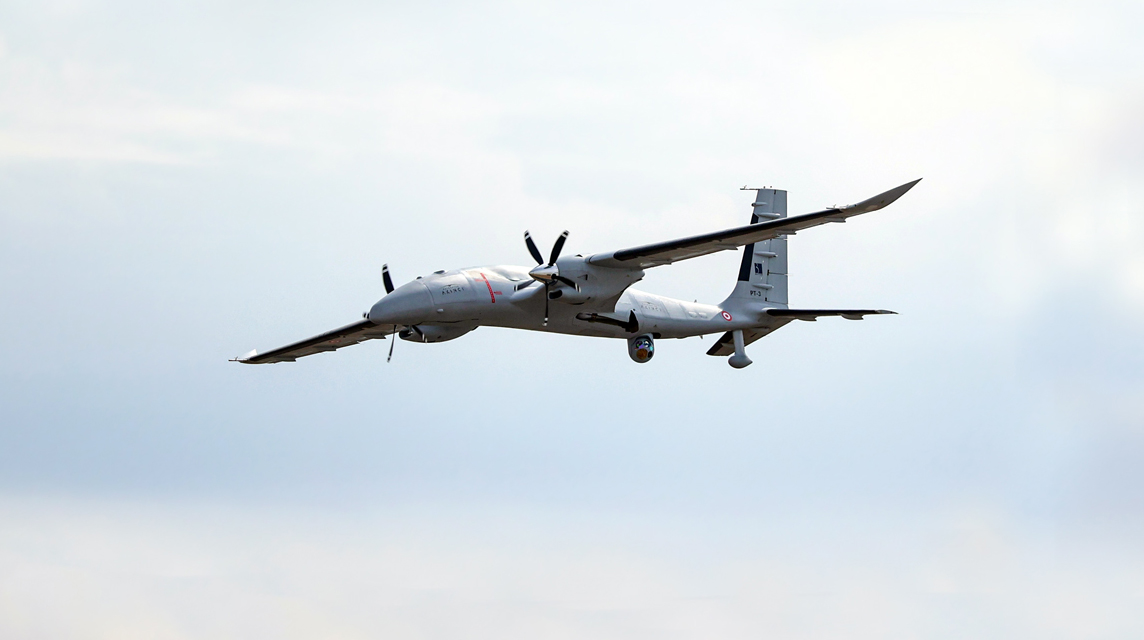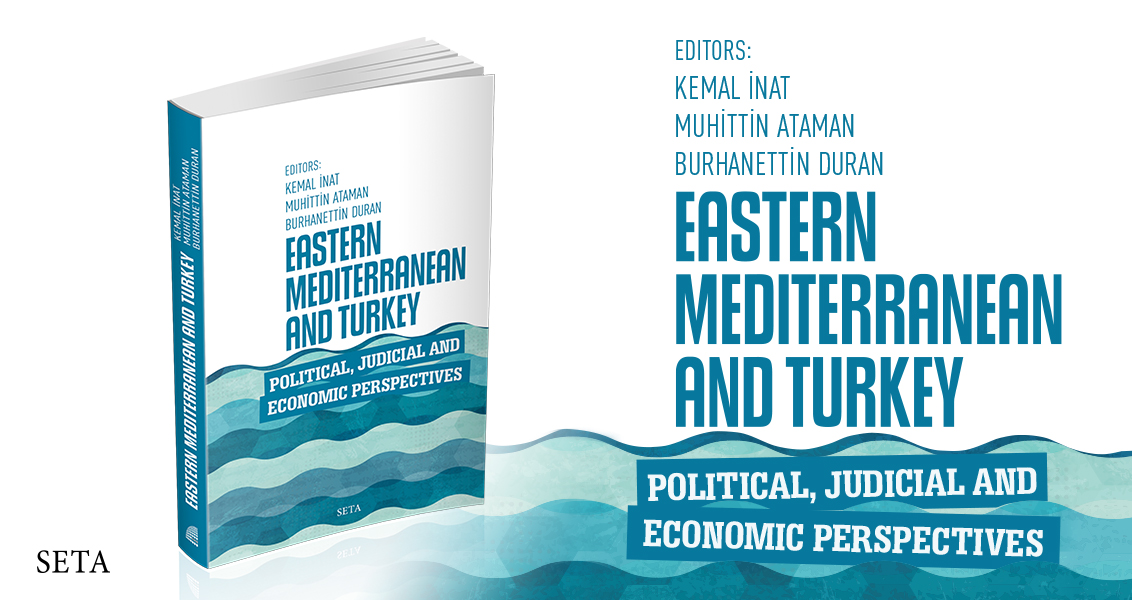As the neoliberal rhetoric of incessant global integration and economic convergence continues to linger on the margins, trade wars and competitive mergers and acquisitions among a handful of leading players in strategic sectors increasingly epitomize dominant dynamics in the global political economy. Notwithstanding the fluid nature of global financial markets that provide ample backing for stories of footloose capital, critical sectors, especially related to the R&D aspects of agricultural or industrial structure, are dominated by trade wars, neo-protectionism and oligopolistic competition that renders entry for late participants even more difficult. This is, roughly speaking, the state of the competitive playing field between major multinational corporations predominantly based in advanced industrialized states and those trying to challenge them from emerging economies. China and India lead the pack in the endeavor to open pathways into the knowledge economy with their vast human and capital potential, but other emerging economies like Turkey recently increased their efforts with critical breakthroughs in niche areas.
The impact of the global financial crisis on sluggish growth and falling commodity prices meant increasing consolidation of already narrow oligopolistic structures in energy and agriculture-related sectors. Biotechnology, as one of the new age umbrella sectors that brings together agribusinesses, pharmaceuticals, seeds-pesticides and medical research, genetic engineering and chemical businesses, was firmly effected by this development. Reminiscent of nanotechnology and ICT, biotechnology is perceived as one of the flagship sectors of the new knowledge economy in which a handful of global actors compete neck and neck to clinch their dominance in an increasingly oligopolistic market that requires billions of dollars in research budgets.
In this context, strategic bids for mergers and acquisitions aimed at the most critical global rivals in geographical or segment-based evaluations displayed a sharp increase in recent years. To illustrate, American biotechnology giant Monsanto, known for its conventional and genetically modified seed research, unsuccessfully tried to purchase Swiss seed and pesticide giant Syngenta AG. Syngenta AG, in turn, faced a surprise bid from China and was eventually bought by Chinese state-owned giant chemical company ChemChina with a record fee of around $43 billion. This critical acquisition, which could take the Chinese to the Premier League of biotechnology via ownership of one of the best known global players, has a series of antitrust reviews around the world to get through.
News of an even larger acquisition in the sector dominated the global agenda this week, as German medical and biotechnology conglomerate Bayer finally reached a deal to buy one of its biggest rivals, Monsanto, for a whopping $66 billion. Monsanto, which unsuccessfully tried to expand its operations into Europe by acquiring Syngenta and lost economies of scale afterwards, could not escape falling prey to a rival offer by a European giant. Bayer was so enthusiastic about this strategic acquisition that it cranked up its offer three times to $56 billion and accepted to take on $10 billion of Monsanto's debt. If the deal makes it through regulatory approval in over 30 national jurisdictions across the globe, it would create a vast global conglomerate, spanning from pharmaceuticals to health products and from seeds to pesticides. The combined company would command more than a quarter of the combined world market for seeds and pesticides in the fast-consolidating farm supplies industry and create a one-stop shop for seeds, crop chemicals and computer-aided services to farmers.
The Bayer-Monsanto deal could also be seen as part of the ongoing trade wars between the U.S. and Germany, which was manifested in massive fines imposed by U.S. authorities on Volkswagen due to the emissions scandal and the recent U.S. Department of Justice demand that Deutsche Bank pay a $14 billion fine for its alleged role in fueling the subprime mortgage crisis. Emerging economies seen as latecomers, such as Turkey, are expected to operate in this wildly competitive playing field in which numerous openly declared or camouflaged instruments of neo-protectionism and trade wars are used to gain advantage. Biotechnology represents one of the key platform sectors for development where advances in agriculture, chemical and medical research could be effectively merged; thus, Turkish entrepreneurs must more aggressively expand into this area.
[Daily Sabah, September 19, 2016]








